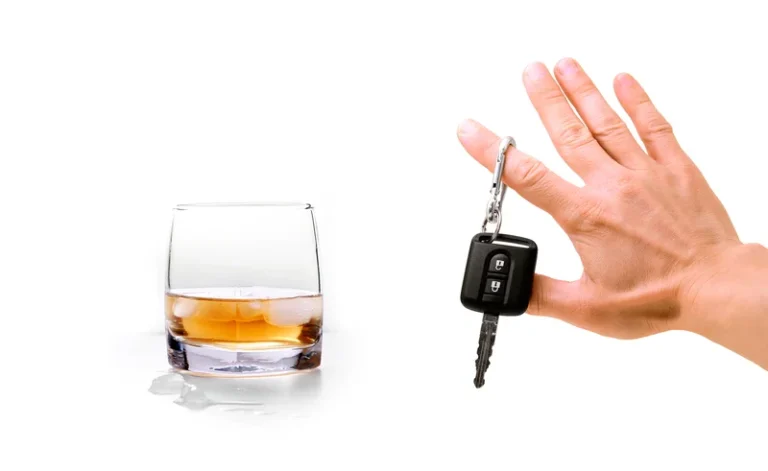
Planning around this window—by ensuring medical supervision or close observation—can be lifesaving. If you fall into the outpatient column—your withdrawal risk is low and you have a strong support system—you might safely detox at home under scheduled medical check-ins. However, if you’ve had past seizures, signs of DT, or co-occurring health issues, opting for inpatient care ensures round-the-clock monitoring, immediate intervention, and peace of mind. Before you commit to a 30-day detox from alcohol, honest self-reflection is essential. Simple tools such as a drinking diary or a short questionnaire can illuminate truths you might otherwise overlook. Breaking the month into manageable milestones Twelve-step program not only maintains momentum, it also creates opportunities to celebrate your progress along the way.
Make A Decision That Will Change Your Life
The higher the number, the worse a person’s symptoms are and the more treatments they likely need. The sooner you start treatment (which often includes both medication and therapy) the better your outcome. As you go through alcohol withdrawal, let your doctor know how you’re feeling, both physically and mentally. Some people think tapering can be a safer way to finally get your heavy alcohol use under control. For two to seven days, doctors may manage your withdrawal with medications.

Alcohol withdrawal symptom timeline
Besides monitoring your vitals and working to keep you safe, your medical detox team may also prescribe you certain medications to assist you through the withdrawal process. Whether or not symptoms continue during stage three will rely upon the individual, their history with alcohol use (length of time, amount consumed, etc.), and any additional health factors. Severe side effects will likely wane as the central nervous system returns to normal functioning. However, people recovering from alcohol use disorder should try to manage expectations during stage three. Contact us today to schedule an initial assessment or to learn more about our services.
Medical Supervision
- Individuals showing more severe side effects should seek medical care immediately.
- It’s essential that these medications are administered under the supervision of a healthcare professional, as improper use can lead to complications.
- The Recovery Village Indianapolis offers comprehensive addiction treatment for drug and alcohol addictions and co-occurring mental health conditions.
- This will help them develop a detox treatment plan that can adequately meet your needs.
As new symptoms develop, they will become more and more intense as withdrawal progresses. Alcohol withdrawal symptoms generally begin within 12–24 hours after your last drink. They will initially be milder, with a headache, tremors and mild anxiety being the first symptoms.

Practicing your refusal ahead of time can help you feel more comfortable and confident when you find yourself in a situation that involves alcohol. Maybe you don’t think you depend on alcohol exactly, but you still wonder whether you might be drinking too much. These three neurotransmitters play a significant role in regulating our mood and managing emotions. Minor shifts in their balance can lead to a variety of symptoms like drowsiness, loss of motor skills, euphoria, and dysphoria. Alcohol, being a https://ecosoberhouse.com/article/performance-enhancing-drugs-what-are-the-risks/ neurotoxin, disrupts the balance of these neurotransmitters in the brain, and its effects are what is referred to as intoxication.

Alcohol withdrawal is one of the most dangerous types of withdrawal, and can even cause death in rare cases. Getting the proper treatment is critically important when thinking about walking away from alcohol use, so that you can make sure you’re safe and comfortable. Luckily, all kinds of evidence-based treatments are available to help people start living an alcohol-free life.
- The testing and monitoring of vitals may also be necessary, especially if the patient is experiencing delirium tremens.
- Residential rehab programs usually last between 30 and 90 days or longer, depending on the needs of the client.
- Symptoms can become severe, and it can be difficult to predict whether individuals will develop life threatening symptoms.
- That’s why detox is only considered the first, but very important, step in recovery.
- Always discuss dosing with a healthcare professional, especially if you have absorption issues or coexisting conditions.
There are several types of specialized addiction recovery programs that people have access to in New York City, NY. Located in the Chelsea neighborhood, Mountainside provides several treatment options for young adults and adults affected by alcohol and drug use. The Addiction Institute of Mount Sinai alcohol detox offers evidence-based treatment, and specialized addiction treatment for teens and young adults. A small percentage of people going through alcohol withdrawal have hallucinations at this point. Contact your state’s mental health/substance use agency for more guidance on how to afford rehab.